|
|
|
|
Nau mai haere mai, welcome to this week’s newsletter.
Climate reports usually make for dire reading, and this week’s latest by the Intergovernmental Panel on Climate Change is no different, except that it manages to combine urgency with a sense of hope.
Its focus is on mitigation – what can be done to minimise climate change – and it charts a viable path to halving global emissions by 2030, if we act hard and fast and across all sectors and nations.
Yet, there’s hope in knowing that some countries have managed to sustain emissions cuts for more than a decade already and that opportunities to do so affordably, even cheaply, have multiplied since the IPCC’s last report in 2013.
As several authors who have contributed to the report write, the world has its best chance yet to reduce emissions quickly, but to have a 50% chance of keeping global warming to 1.5℃ by century’s end, global emissions must halve in a decade, reach net zero in the 2050s and go net negative thereafter.
There’s a lot more to read in this newsletter, including a piece by NIWA climate modeller Olaf Morgenstern who explains why some climate models “run hot”. And keep an eye on our homepage for more analysis to come today. Many thanks for your ongoing support and readership, all the best, mā te wā.
|

|
Veronika Meduna
New Zealand Editor: Science, Health + Environment
|
|
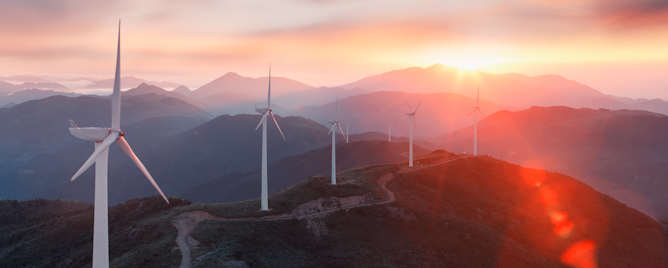
Thomas Wiedmann, UNSW Sydney; Arunima Malik, University of Sydney; Glen Peters, Center for International Climate and Environment Research - Oslo; Jacqueline Peel, The University of Melbourne; Xuemei Bai, Australian National University
Humanity is off track to keeping global warming to 1.5℃. But if we pull out all stops, we’ve still got a chance.
|

Olaf Morgenstern, National Institute of Water and Atmospheric Research
The current estimate is that Earth would warm by 1.5℃ to 4.5℃ if emissions were to double on pre-industrial levels. The range has remained stubbornly wide, despite improved climate modelling.
|
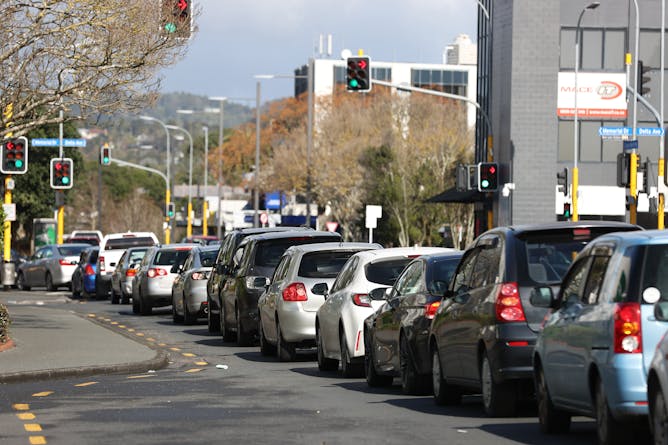
Matthew Hobbs, University of Canterbury; Lukas Marek, University of Canterbury
How we design our cities can make it harder to be healthy. City planners are now able to quantify the different elements that are affecting our health and well-being.
|
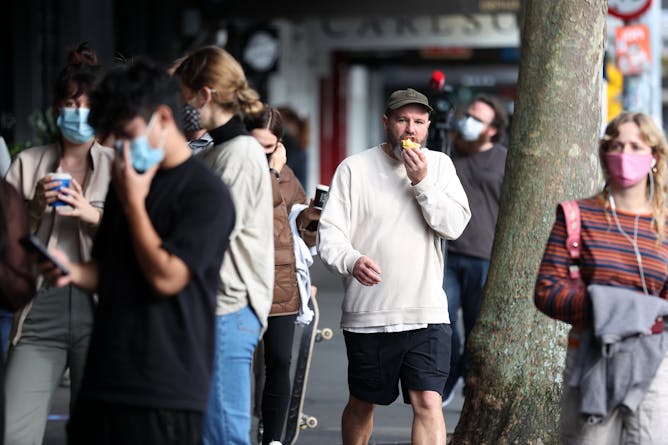
Dougal Sutherland, Te Herenga Waka — Victoria University of Wellington
The public health mandates are relaxing, but a number of New Zealanders are going further, ditching masks despite the ongoing pandemic. What is driving the rush back to ‘normal’?
|

Dominic O'Sullivan, Charles Sturt University; Heather Came, Auckland University of Technology; Tim McCreanor, Massey University
David Seymour says misinterpretation of the Treaty risks creating an ‘ethno-state’. But ‘Critical Tiriti Analysis’ aims to enhance democracy by ensuring a Māori voice at the heart of policy making.
|
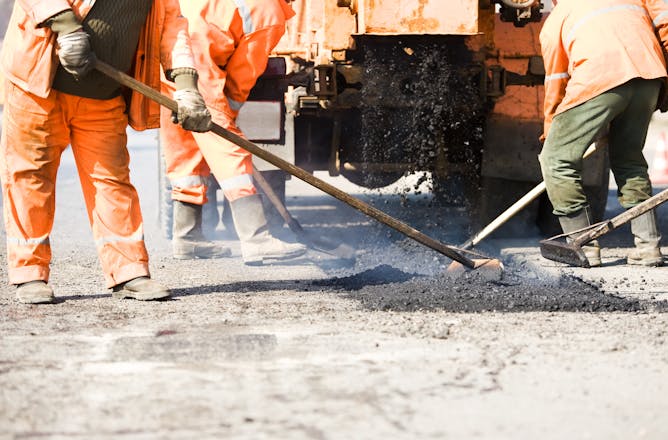
Murat Ungor, University of Otago
Opinion and evidence differ on minimum wage policies, but one thing seems clear – they need to be better integrated within a wider economic support strategy.
|

Nathan Cooper, University of Waikato; Michael Dizon, University of Waikato
Bitcoin’s annual electricity consumption is more than three times New Zealand’s – those hidden environmental costs must be part of any future regulation.
|
From our foreign editions
|
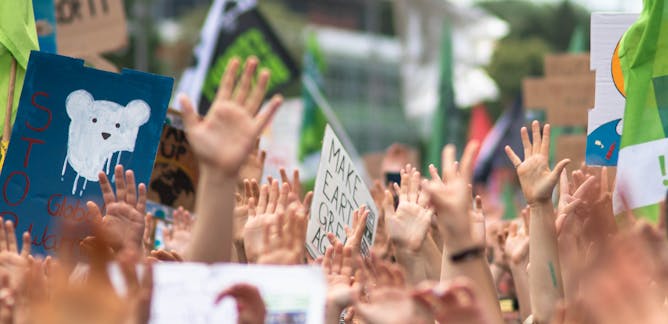
Frank Jotzo, Australian National University; Annette Cowie, University of New England; Jake Whitehead, The University of Queensland; Peter Newman, Curtin University
The outlook for potential emissions reduction is far better than in earlier assessments, thanks to the plunging costs of clean energy technologies.
| |

Jodi McAlister, Deakin University
The long-running queen of the soap-operas, the Bold and the Beautiful turns 35 this year. We’ve collected some of the strangest storylines from its many hundreds of episodes.
|

Nicole Lee, Curtin University
Alcoholics and Narcotics Anonymous have been a mainstay of drug and alcohol treatment since the 1930s. But is there actually any evidence for their effectiveness?
| |
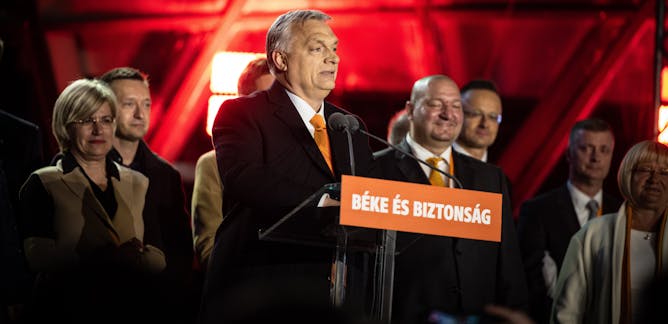
Umut Korkut, Glasgow Caledonian University
A fractured opposition helped deliver a parliamentary super majority to Europe’s longest serving leader despite position on Ukraine.
|
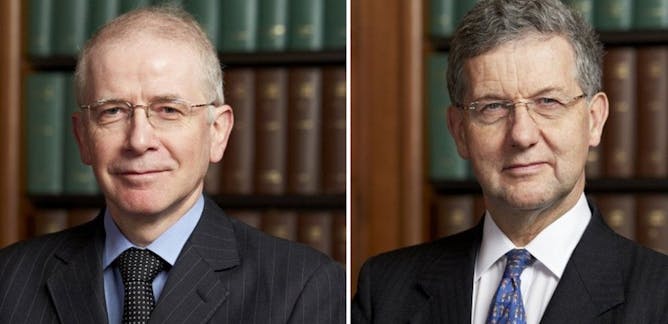
Eric Yan-ho Lai, SOAS, University of London
Foreign judges have served on Hong Kong’s court of final appeal since 1997, but the national security law is changing that.
| |
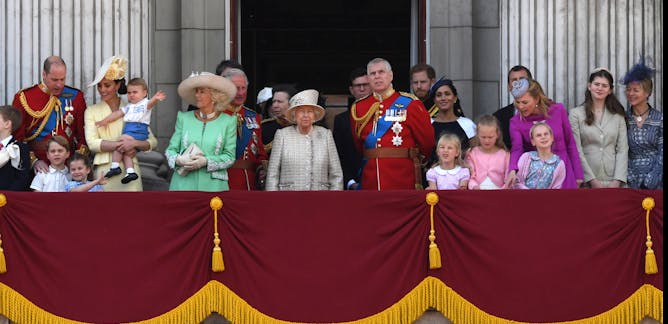
Aimee Pinnington, Staffordshire University
Why some people really are blue blooded and why it’s not a good thing.
|
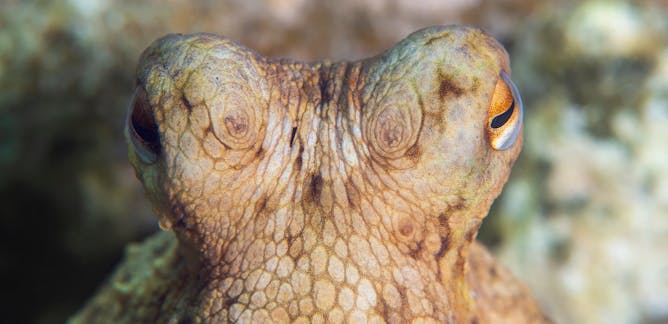
Kristin Andrews, York University, Canada
Octopus build cities, establish hierarchies and show social group behaviours. Domesticating will mean creating a new kind of octopus, with ecological and ethical implications.
| |
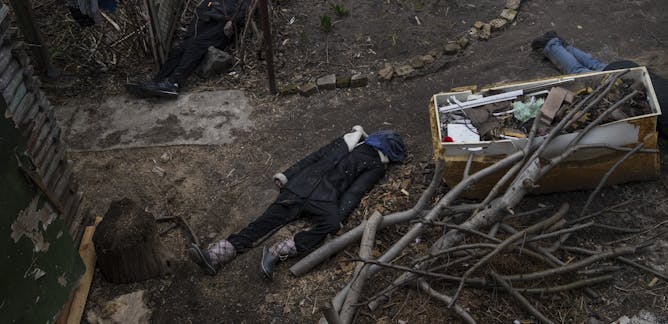
Amy Lieberman, The Conversation
President Biden said that Vladimir Putin had committed war crimes, after news emerged of mass civilian murders in Bucha, Ukraine. Three stories from our archive explain what this means.
|
|
|
| |
| |
| |
| |
|
|
|
|
|
|
|